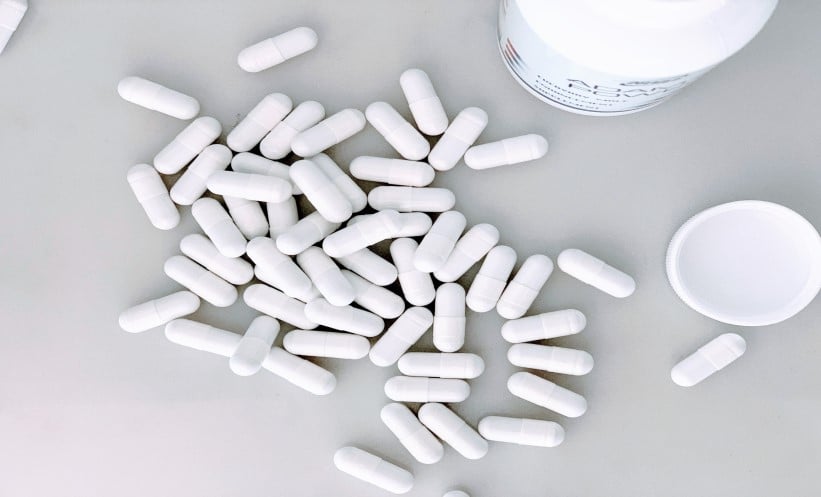LONG-TERM use of proton pump inhibitors (PPI) has been linked to increased risk of Type 2 diabetes mellitus (T2DM), in a large-scale, observational population study.
PPI are among the 10 most used medications globally, and their long-term use has previously been associated with increased risk of fractures, chronic kidney disease, stomach cancer, and gastrointestinal infections. Using data from the USA Nurses’ Health Study, researchers considered findings from 204,689 participants (176,050 female; 28,639 male) to compare the rate of diagnosis of T2DM with participant-reported regular PPI use, over an average tracking period of 9–12 years. During the period studied, 10,105 participants were diagnosed with T2DM. For regular PPI users, the annual absolute risk of T2DM diagnosis was 7.44 in 1,000; for non-regular users or those who did not take PPI, the annual absolute risk was 4.32 in 1,000.
Analysis of the dataset found that after controlling for hypertension, high cholesterol, physical inactivity, and use of other medication, regular use of PPI was associated with a 24% greater likelihood of developing T2DM. Longer duration of PPI use was also associated with greater risk of T2DM: there was a 5% increase in risk associated with use for up to 2 years, a 26% increase in risk with use for more than 2 years, and the risk fell with longer duration of time since stopping PPI use.
Consideration of the data found that T2DM risk in regular PPI users was not impacted by sex, age, high cholesterol, smoking, alcohol intake, diet, physical activity, regular use of anti-inflammatory drugs, or family history of diabetes. However, risk was increased for those who were not overweight and those without hypertension. A comparison with regular users of H2 blockers found a 14% increased risk of T2DM, and a similar increase in risk with longer duration of use and reduction in risk following longer durations post-cessation.
As an observational study, the findings are unable to establish causation; however, the researchers suggest that these findings support developing understanding of a role for gut microbiome in development of diabetes. The researchers recommended clinicians consider this association with increased risk of T2DM when prescribing PPI: “For patients who have to receive long-term PPI treatment, screening for abnormal blood glucose and T2DM is recommended.”








